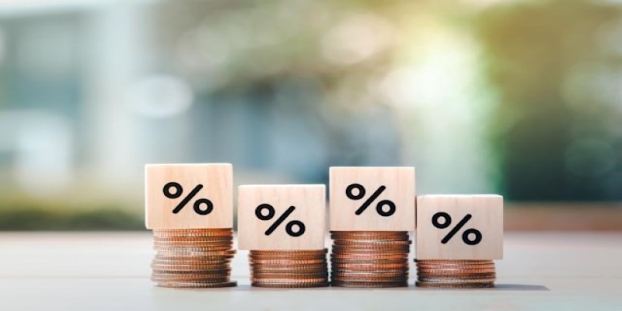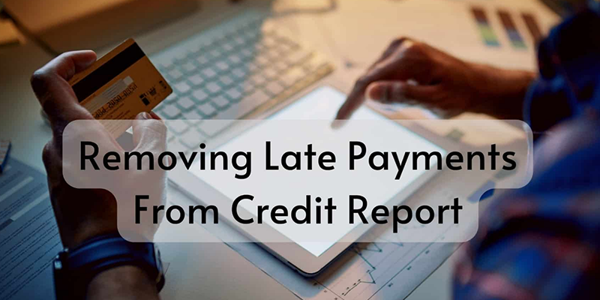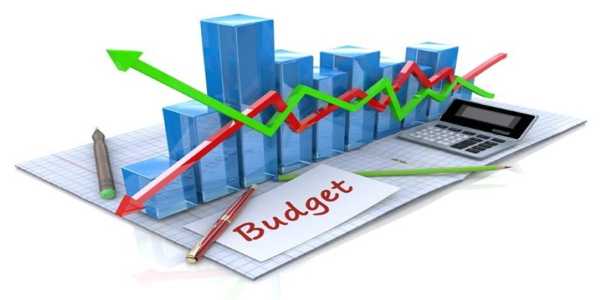Should You Refinance Your Mortgage Now? Here’s What You Need To Consider
Is it the right time to refinance your mortgage? With all the buzz about fluctuating interest rates and changing housing market conditions, many homeowners are wondering if jumping into a refinance is a smart financial move — or a costly mistake.
Refinancing your mortgage isn't something to rush into. While it can save you money, reduce monthly payments, or free up cash, timing and strategy are everything. If you're considering making a move, this article will guide you through the key factors to consider before making a decision.
What Does It Mean To Refinance Your Mortgage?
Let's break it down. Refinancing means replacing your current mortgage with a new one, typically to secure a better interest rate or adjust your loan term. Some people refinance to switch from an adjustable-rate to a fixed-rate mortgage, while others want to tap into home equity for significant expenses.
The process involves applying for a new loan, just like you did with your original mortgage. But this time, you're using it to pay off your existing loan. It sounds straightforward, but depending on your situation, it can either be a savvy financial step or an unnecessary cost.
How Do Current Interest Rates Affect Your Refinance Decision?
One of the biggest reasons people consider refinancing is to secure a lower interest rate. But where do things stand now?

Interest rates have been bouncing up and down in recent months. While they’re not at the record lows we saw a couple of years ago, they’re also not as high as the peak rates from early 2023. If you locked in a mortgage when rates were sky-high and they've since dipped even slightly, refinancing could shave hundreds off your monthly bill.
Here's the catch — you'll need to qualify for the new rate based on your credit score, debt-to-income ratio, and home equity. A lower rate doesn't automatically mean approval. And if your credit has taken a hit since your last mortgage, the benefits of refinancing might be out of reach, at least for now.
Will You Be Living In Your Home Long Enough To Reap The Savings?
This is a question many people overlook.
Refinancing isn't free. There are closing costs, appraisal fees, title searches, and sometimes even prepayment penalties. These expenses can add up to 2–5% of your loan amount. Therefore, if you plan to move in the next couple of years, the upfront costs may outweigh the long-term savings.
For instance, say refinancing saves you $150 a month, but it costs $5,000 to do it. You'd need to stay in your home for at least 33 months to break even. Anything less than that, and you could lose money on the deal.
That's why refinancing only makes sense if you plan to stay in your current home for a while. Otherwise, your "savings" might be a short-term illusion.
Is Your Credit Score High Enough To Unlock Better Terms?
Lenders reserve their best interest rates for borrowers with excellent credit. If your credit score has gone up since you took out your original mortgage, you may be in a good position to refinance.
On the other hand, if your score has declined, refinancing could result in worse terms than you currently have.
If you're unsure about your credit status, now is the time to check. You can request a free report from each of the major bureaus once a year. Look for errors, pay down high balances, and make sure you're not missing payments. Even a slight improvement in your credit score can make a meaningful difference in your interest rate — and your monthly payments.
Are You Hoping To Pay Off Your Loan Sooner?
Some homeowners refinance to switch from a 30-year loan to a 15-year one. This is especially attractive if your income has increased and you want to reduce your total interest over time.

Short-term mortgages typically offer lower interest rates but higher monthly payments. It's a trade-off — pay more now to save a lot later.
Before making the switch, ensure your budget can handle the larger payment. Life happens, and locking yourself into an aggressive repayment plan may not leave you with much flexibility in your finances.
Is Now The Best Time — Or Should You Wait?
Timing the mortgage market is akin to timing the stock market. It's hard to know when rates have truly bottomed out.
Still, if current rates are lower than what you're paying and your finances are in a solid place, refinancing now could help you lock in long-term savings.
But if rates are only slightly better or your credit score could use a boost, it might be worth waiting a few months and preparing for a stronger application.
Keep an eye on Federal Reserve announcements and housing market trends. These can provide clues about where rates might be headed next.
Ready To Make A Move? Let’s Recap What You Should Ask Yourself
Before you refinance, ask yourself:
Are current rates significantly lower than mine?
Will I stay in this home long enough to recover the closing costs?
Has my credit improved since my last loan?
Do I want to shorten my loan term or free up cash?
Can I comfortably handle a higher monthly payment, if needed?
Am I financially ready to cover upfront costs?
If you can confidently answer "yes" to most of these, refinancing could be a great move. However, if your situation is uncertain — or if the numbers don't quite add up — it may be smarter to hold off for now.
Making The Right Refinance Choice For You
Refinancing a mortgage isn't one-size-fits-all. It's a personal decision that depends on your financial goals, your home equity, and the state of interest rates when you're ready to act. The right refinance can save you thousands. The wrong one can lock you into costly fees and higher debt.
So take your time. Crunch the numbers. Compare your options. And when the moment feels right — and the math checks out — that’s when you know it’s time to refinance.







